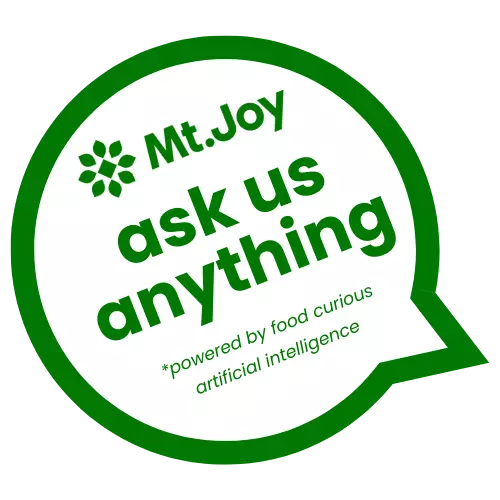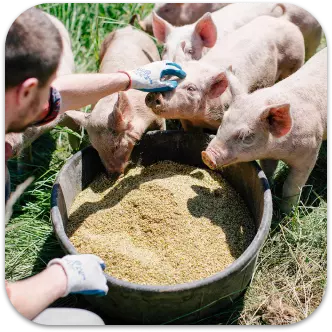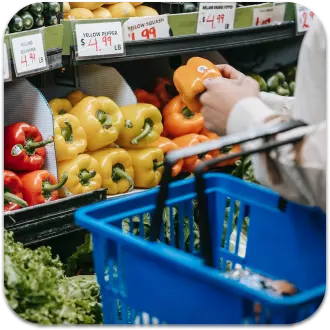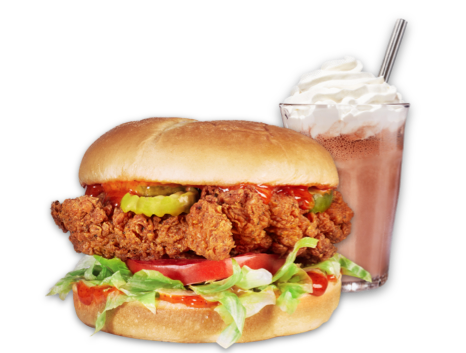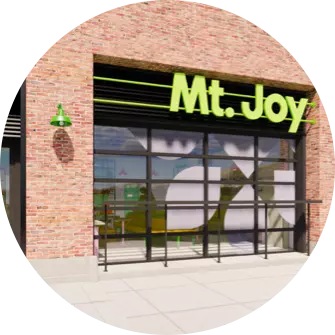
6 Reasons You Should Care About Farming
Everyone has an opinion about what tastes good for bad, but have you ever given much thought to where your food comes from? Here, 6 reasons you should care about agriculture.
1. You are what you eat
Much like what happens when if you put diesel fuel into a gasoline engine, what we put in our mouth matters. We’ve all heard processed foods are bad for us. But, how bad?
This study from American Journal of Preventative Medicine linked 10% of deaths [AP1] in 2019 (from people aged 30 to 69 years old in Brazil) to the consumption of ultra-processed food, like sweetened breakfast cereals and chicken ‘nuggets’. This study published in 2022 using data from the UK Biobank notes processed food raises the risk of dementia [AP2] .
But our diets don’t have to be all doom and gloom. Check out this encouraging preliminary [3] study from David Montgomery and Anne Biklé, co-authors of What Your Food Ate. Here, they found that food grown under regenerative practices contained, on average, more magnesium, calcium, potassium and zinc; more vitamins, including B1, B12, C, E and K than food grown on conventional farms. 👏for regenerative agriculture!
Photo by Ben Moreland
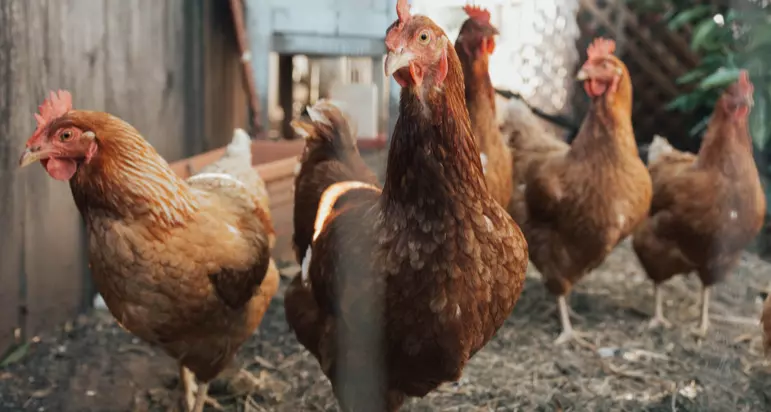
2. You are what you eat, the meat edition
2. You are what you eat, the meat edition Do you remember when Jaime Oliver showed elementary school kids what chicken nuggets are made of?? We do. (Viewer warning: 🤢includes bones, connective tissue, chicken skin, and flavoring.)
The study from Montgomery and Biklé also notes the benefit of regenerative agriculture for meat production — “a comparison of the unsaturated fatty acid profile of beef and pork raised on one of the regenerative farms to a regional health-promoting brand and conventional meat from local supermarkets, found higher levels of omega-3 fats and a more health-beneficial ratio of omega-6 to omega-3 fats.” Processed meat, on the other hand, have been directly linked to cancer [AP4] , heart disease, and diabetes.
3. You love your mother
We’re at a critical place in human history where the scales toward our future climate feel tenuously close to tipping in a bad and unavoidable direction. Droughts, floods, epic hurricanes, tornadoes in Brooklyn – this is not the same planet our grandparents grew up in. Our global climate is changing — you can feel it, we can feel it, and farmers most definitely can feel it, and see it.
Agricultural is a primary contributor to climate change, emitting greenhouse gases and pumping carbon dioxide into the atmosphere. Regenerative farming practices can help to reverse these emissions through carbon sequestering. Focused on no till farming, planting cover crops, and reducing erosion, regenerative farmers ultimately help to conserve water and promote biodiversity. By choosing foods from farms committed to healthy agricultural practices, you get to be a passive contributor to climate renewal. 👏for making consumption a smart choice!
4. You like money
These weather events have been linked to rising costs. “As climate change drives more droughts, rain and extreme weather across American farmland, the cost of insuring the country’s farmers has soared, putting taxpayers increasingly on the hook for the growing tab,” notes Inside Climate News [AP5] . So, why do you care?
This crop insurance program is run by the Department of Agriculture’s Rise Management Agency, and guess what? U.S. taxpayers pay 60 percent [AP6] of those premiums. That’s right, folks. When the climate tanks, so do your taxes, all to support agriculture subsidies that are mostly used to grow corn, soybeans, wheat, cotton, and rice. And planting the same crops in the same fields year after year is no bueno. The farming monoculture amplifies erosion, creates dependance on fertilizer and pesticides, and unleashes carbon into the atmosphere. See #4, You Love Your Mother.
5. Chicken Sandos for the Soul
We love chicken. An ancestral healing food, we’ve been sipping chicken broth, roasting birds for celebrations, and frying up chicken in southern homesteads for thousands of years. But the US chicken industry is problematic.
Poor living conditions (for birds and workers), widespread disease, and even social tension amongst flocks in commercial chicken farming
operations aka factory farms [AP7] all contribute to the ‘product’ of broiler-chickens. If we’re not kind to the animals or the earth, how can we expect them to be kind back?
Sustainable farming, pasture-raised chickens, regenerative farmers — all of these practices are working to change the way we look at growing meat. “When we’re a more efficient and less resilient food system, we introduce a host of issueds
6. Better Farms means Better Jobs
“We want to build a supply chain that works for all stakeholders, and that includes workers,” says Grant Jones Grant Jones owner and farmer at Hungry Hollow Farms, in Shelton, Wa.
“I think that there's a huge missing component here. That is the welfare and lifestyle of farmers that have been roped into, says Jones. Chicken farming is notoriously degrading arrangement for farmers where the farmers own all of the liabilities, but none of the assets of the operations.” Chicken farms take out a loan for the “confinement barn”, don’t own the chickens they raise, or the feed that goes to these chickens. What they do own are the wood
shavings full of chicken poop, that’s ultimately up to them to handle. They compete against other farmers and what’s called a “feed conversion” (aka how much food are you using to get each chicken to market) and they also own the success or failure of the chickens – if they do poorly, they make less money, regardless of their costs to raise the birds.
This system is broken. “Compare that to working on a chicken pasture farm,” says Jones. Workers get to work outside, they have fresh air, they move chickens to fresh pasture, and ultimately are raising happy animals. “And you can go home feeling good about it all — that's a major takeaway.”

Notes
[AP1] https://www.ajpmonline.org/article/S0749-3797(22)00429-9/fulltext
[AP2] https://n.neurology.org/content/99/10/e1056 https://peerj.com/articles/12848/
[AP4] https://www.thelancet.com/journals/lanonc/article/PIIS1470-2045(15)00444-1/fulltext
[AP5] https://insideclimatenews.org/news/28012022/flood-drought-crop-insurance/
[AP6] https://insideclimatenews.org/news/28012022/flood-drought-crop-insurance/
MT JOY
We want to leave this earth better than we found it, improving conditions as we move through life. This is the most important philosophy we want to shine through all of our work here at Mt. Joy, and the motivation for sharing information such as this.
We are committed to building a supply chain that works for all stakeholders; we want to make sure chicken isn’t being compromised by poor genetics and a life of confinement; we want to make sure that the farm worker isn’t being compromised through poor working conditions; we want to make sure that communities aren’t compromised through air quality issues; and we want to make sure that you — the “consumer: — are eating the best, most healthy food possible.


